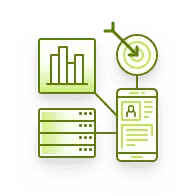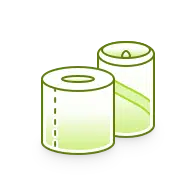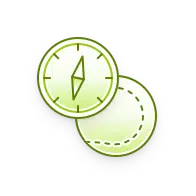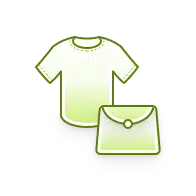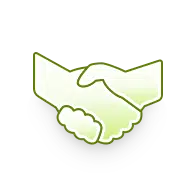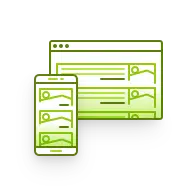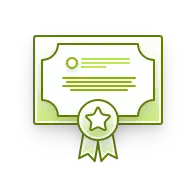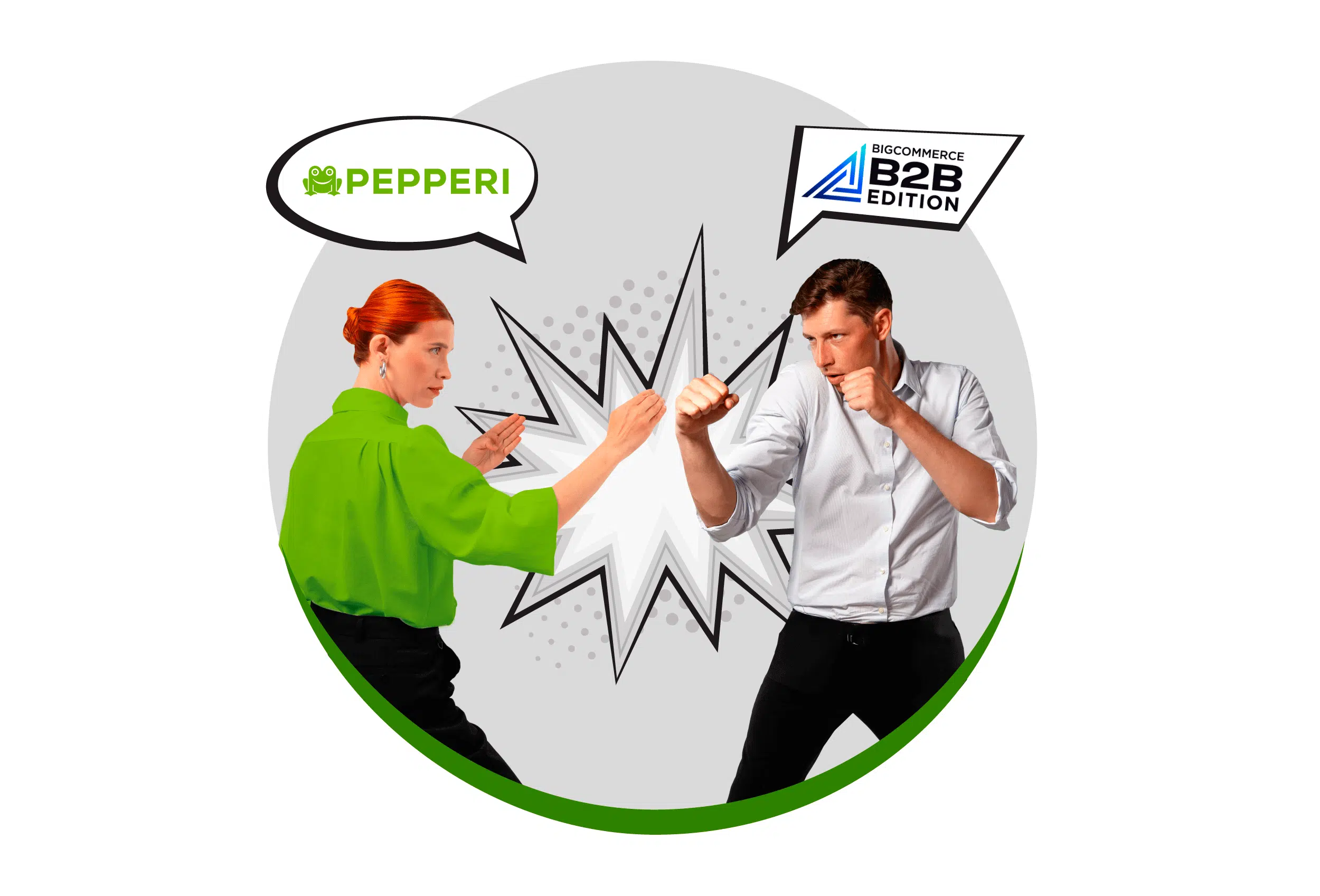What’s the difference between SFA and CRM?
June 14, 2021 By Stacey Woods

Like many other technology solutions used to support and streamline business and organizational processes, Customer Relationship Management (CRM) and Sales Force Automation (SFA) are often confused. There is a common misconception that they are interchangeable, but this couldn’t be further from the truth.
So where does the confusion come from?
The main reason for this confusion is that CRM and SFA solutions are both designed to optimize different stages of the customer lifecycle, and therefore share some common attributes and features. However, despite these commonalities, each software solution focuses on different business aspects and has its own unique purpose.
In a nutshell, Sales Force Automation (SFA) focuses on the sales process of products or services to existing clients and managing prospects, with the goal of increasing sales and optimizing conversion (from prospect to customer); while Customer Relationship Management (CRM) focuses on managing customer relations with the goal of improving the relationship between the company and the customer (after the prospect becomes a customer).
Let’s delve a little deeper into each solution:
Sales Force Automation (SFA)
SFA refers to any suite of software apps that initiates, automates, and optimizes the interface between sales representatives and existing clients or prospects, pipeline management, and the sales management process. This includes the tracking, organization, and managing of contacts, leads, and opportunities through the sales pipeline, sales team and customer activity, order taking, communication, and analysis for performance evaluation.
In the case of B2B sales of physical goods, SFA solutions are extended to support order route-accounting (or van sales), which facilitates direct-store-delivery of products and the selling of items from the van’s stock. It should also be enhanced with retail execution capabilities enabling data capture of product performance at brick and mortar stores, enabling merchandising activities, and facilitating onsite sales through replenishment orders.
Sales Force Automation solutions serve the sales organization first and foremost and offer benefits such as making the sales process more efficient and transparent, building relationships with prospects, increasing sales velocity and volume, monitoring sales team performance, optimizing pipeline management, and giving management a clearer picture of future prospects, sales, and sales rep performance.
Customer Relationship Management (CRM)
CRM refers to practices, strategies, and technologies that companies use to track, monitor, analyze, and manage interactions with customers and the data they provide across the customer lifecycle, with the goal of enhancing customer satisfaction and retention. The main benefits of mobile CRM systems are improved relationships with customers and better customer loyalty. A CRM system is used by multiple entities within an organization such as customer success, support, sales, and more.
Does it have to be either/or?
While the benefits of Customer Relationship Management systems are that they serve as a single repository for storing and managing customer information, and they can help businesses learn a lot about their customers, they don’t offer the full functionality needed by the sales team to manage, measure, and maximize sales.
That said, businesses do not need to choose between the two solutions as they actually complement each other and can be used together to boost sales and improve customer retention. In fact, the integration of data between the two platforms can be used by both sales and customer-facing teams to streamline processes and boost profitability.
For example, data from the CRM can be integrated into SFA software to identify sales trends across different territories, product suites, and customer profiles. These can then be used to identify trade promotion opportunities to increase revenue. Similarly, knowledge about the interaction with a prospect can help manage future engagements when the prospect becomes a customer.
CRM, SFA and omnichannel
The world of eCommerce has changed how consumers shop and got them used to the convenience of online shopping from multiple touch points. This revolution is also extending beyond B2C commerce as professional B2B buyers look for the same seamless experience to meet their procurement needs in their professional lives.
For this reason, more and more B2B business like yours, that are selling B2B, are adopting omnichannel commerce strategies to support a customer-centric experience.
This means that if previously field sales teams relied entirely on their CRM system and SFA software, nowadays they must also know what’s happening on self-service digital channels or what kind of interactions clients had with inside sales & support reps. Only then can they get a holistic view of their accounts, make smarter decision faster, improve customer satisfaction and maintain growth.
The next natural step will then be to not only share the data across CRM, SFA and B2B eCommerce solutions, but to fully integrate and actively manage them as they have so much in common and enable a truly customer-centric strategy.
Seamless execution across all channels
Pepperi offers a B2B sales platform for brands and wholesalers that does just that. By combining SFA software with B2B eCommerce, mobile CRM functionality, order taking, retail execution, route-accounting/DSD, and more, it provides the foundation you need for seamless execution across all internal departments and distribution channels.
Ready to learn more? Get a personal demo with one of our experts.
